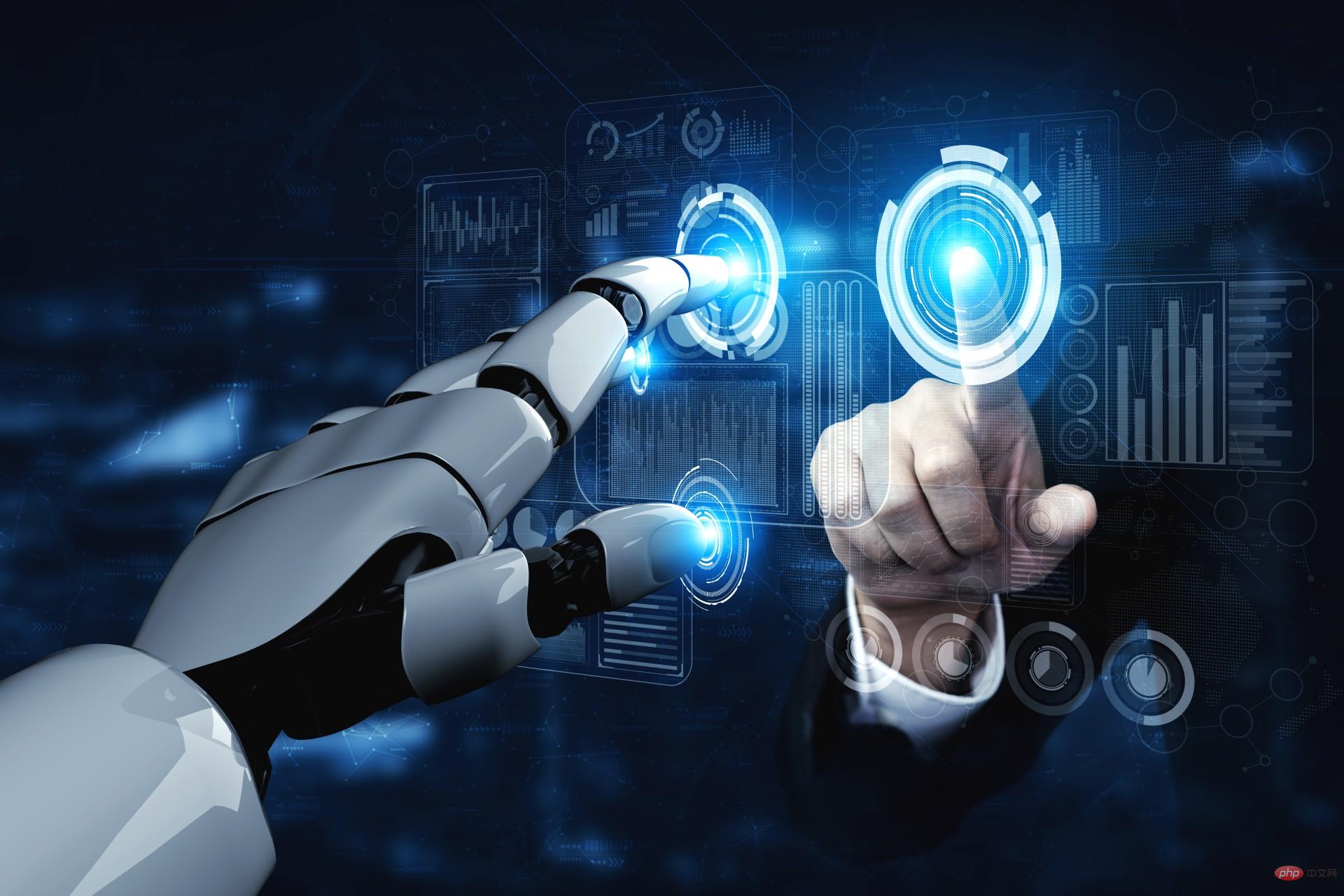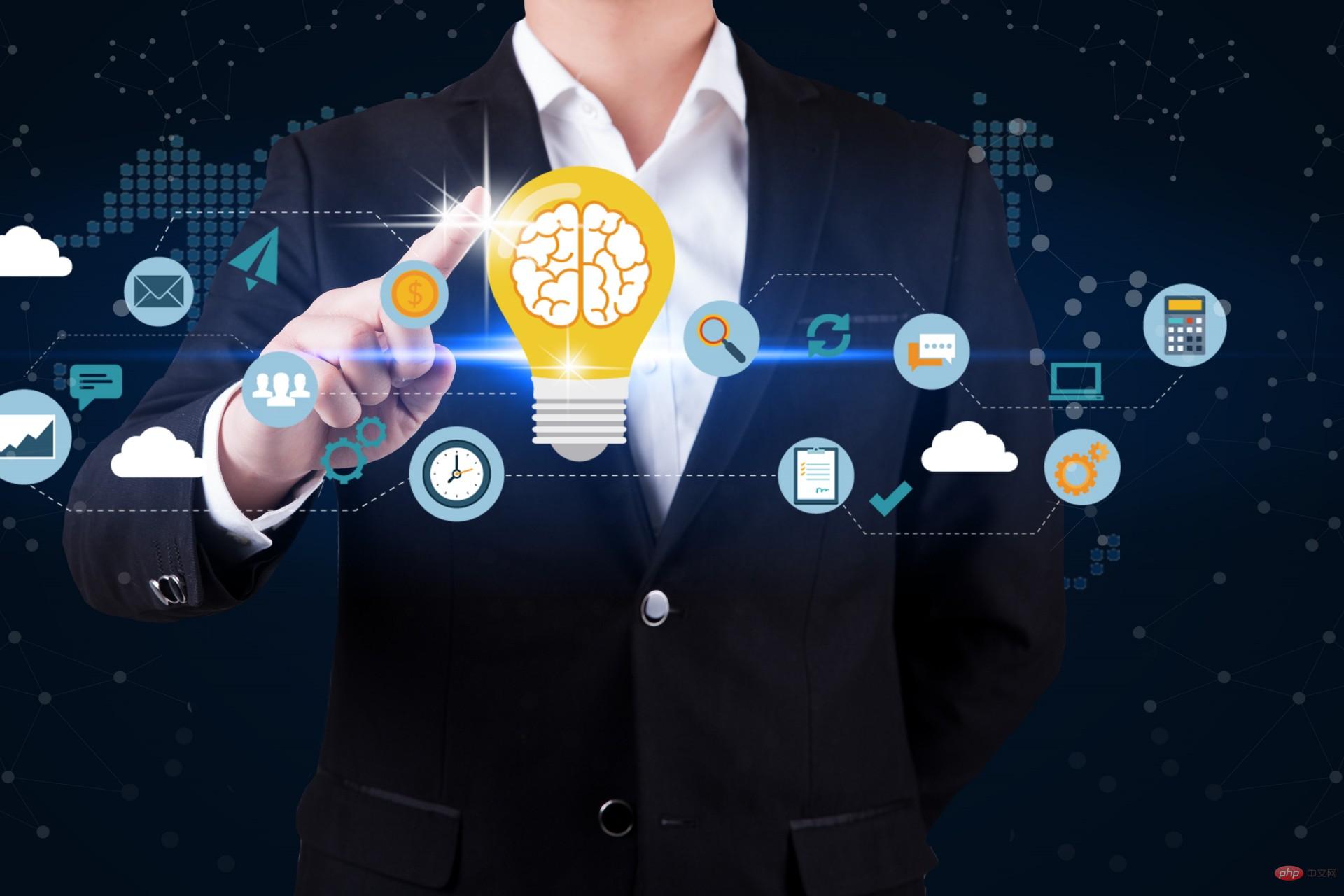Next-generation transportation relies on electronics, sustainability, and experience at the core of its design, and Gen AI has an impact on every mode of the envisioned next-generation transportation ecosystem. The market has five specific focus areas: EV (electric vehicles), AV (autonomous vehicles), Micro mobility (first mile connectivity), Hyperloops (ultra-fast public transportation) and UAM (urban air mobility). There are many evolutions and changes, such as eVOLT (electric vertical takeoff and landing) or integrated signals for traffic control management. There are many areas that are evolving, such as intermodal integration (seamless route integration), sustainability (vehicle design), connectivity and automation (traffic management, alternatives), shared mobility (resource sharing and vehicle footprint reduction) . The transformation of the transportation sector provides endless opportunities for Gen AI as an important part of native technology.

Gen AI has revolutionized the fields of autonomous driving, route optimization, obstacle avoidance and self-management (parking, blind spots, etc.). However, we need to expand our horizons to effectively manage the environment and achieve worry-free transportation. We will focus on 3 key areas: user experience, efficiency and performance, and security.
User Experience
The experience before taking a ride can be divided into two different areas: purchase experience and ride selection experience. Gen AI can influence purchasing decisions based on features, personal preferences, affordability, sustainability, and comprehensive insurance costs based on driving history. In this process, using VR/VR headsets for test drives and combined with historical data beyond social media aggregation, Gen AI can customize personalized character selections to change the overall ride experience.
The used car market size is expected to be 31.62 billion US dollars, so data analysis and recommendations for leasing, purchasing and used cars are performed through the Gen AI system, vehicle history analysis based on VIN and effective prediction of service life based on car models and vehicle usage The terrain, accident history, etc., can add value to the buyer.
Ride selection is another area where artificial intelligence will have a huge impact. Travel mode aggregation, environmental data aggregation, prediction of the most cost-effective transportation across segments, optimal timing, and transportation integration will be key to efficient transportation. Gen AI will play a key role in urban transportation with its ability to predict optimal routes and cost-effective transportation options. There are other areas including POI, travel/month and travel budget management that will be effectively offloaded to top Gen-AI based travel apps.
Efficiency and Performance
Efficiency and performance in urban transportation is another area with a range of use cases that can be effectively served through Gen AI integration. While predictive maintenance, remote inspection and analysis of internal components are in any case part of the standard. Gen AI can provide real-time guidance to drivers by recommending acceleration and braking, several key parameters that control the longevity of electric vehicles, based on the environment (traffic, weather) and expected traffic flow. Gen AI can help enable adaptive braking and regeneration mechanisms by determining the amount of energy temporarily stored and the mechanisms to dissipate or reintroduce it into the system based on the scenario. Gen AI can effectively manage powertrain control and adjust the delivered power by optimizing the torque delivered in specific situations based on predictions from real-time data.
The performance of a vehicle is affected by many factors, of which climate and terrain are the most important. A range is set for each vehicle change, but actual consumption depends on climate control and driving terrain. Compared with flat roads, driving on hilly terrain consumes 10%-20% more energy. Gen AI technology can be effectively used for trip planning, determination of charging frequency, and optimal distance and terrain selection based on routes. This advanced artificial intelligence system can analyze the actual situation of the vehicle and provide the driver with the best suggestions to improve driving efficiency and save energy consumption. With Gen AI’s intelligent computing power, driving
can easily complete a network consisting of docking stations, charging points, transportation integration, safety and terrain planning using Gen AI-based predictions, current inventory status of specific docking points Micromobility. Transfer times, average ride time based on age, gender, micromobility patterns, user health, etc.
Driving behavior can be adjusted based on the driver profile, including role, suspension control, steering, braking and acceleration, with precise predictions made through Gen AI.
Security
Next-generation security in transportation brings a wide range of opportunities through Gen AI, some of which are already implemented in easily accessible spaces such as facial recognition and door control. But on the other hand, the attack surface increases with external communications, including V2X using DSRC (Directed Short Range Communications) as well as standard WIFI and cellular technologies. GenAI can be integrated with security systems to play a key role in analyzing patterns and generating usable traffic. ECUs rely heavily on real-time operating systems such as Autosar, QNX or custom versions, and there is a range of possible security attacks. GenAI-based systems can detect traffic patterns and issue alerts or prevent non-standard parameter modifications. Gen AI, used to manage the valid state of various vulnerable parameters, can be managed in an isolated namespace and pass valid parameters back to the ECU for operation.
While Gen AI opens up many possibilities for transportation modernization, new mechanisms and synthetic data for effective modeling scenarios will take time. Hopefully, as Gen AI expands its capabilities and becomes more efficient in interpreting logic, it will be able to dramatically change the transportation industry in the coming years.
The above is the detailed content of The impact of Gen AI on the next generation of transportation. For more information, please follow other related articles on the PHP Chinese website!
 2023年机器学习的十大概念和技术Apr 04, 2023 pm 12:30 PM
2023年机器学习的十大概念和技术Apr 04, 2023 pm 12:30 PM机器学习是一个不断发展的学科,一直在创造新的想法和技术。本文罗列了2023年机器学习的十大概念和技术。 本文罗列了2023年机器学习的十大概念和技术。2023年机器学习的十大概念和技术是一个教计算机从数据中学习的过程,无需明确的编程。机器学习是一个不断发展的学科,一直在创造新的想法和技术。为了保持领先,数据科学家应该关注其中一些网站,以跟上最新的发展。这将有助于了解机器学习中的技术如何在实践中使用,并为自己的业务或工作领域中的可能应用提供想法。2023年机器学习的十大概念和技术:1. 深度神经网
 人工智能自动获取知识和技能,实现自我完善的过程是什么Aug 24, 2022 am 11:57 AM
人工智能自动获取知识和技能,实现自我完善的过程是什么Aug 24, 2022 am 11:57 AM实现自我完善的过程是“机器学习”。机器学习是人工智能核心,是使计算机具有智能的根本途径;它使计算机能模拟人的学习行为,自动地通过学习来获取知识和技能,不断改善性能,实现自我完善。机器学习主要研究三方面问题:1、学习机理,人类获取知识、技能和抽象概念的天赋能力;2、学习方法,对生物学习机理进行简化的基础上,用计算的方法进行再现;3、学习系统,能够在一定程度上实现机器学习的系统。
 超参数优化比较之网格搜索、随机搜索和贝叶斯优化Apr 04, 2023 pm 12:05 PM
超参数优化比较之网格搜索、随机搜索和贝叶斯优化Apr 04, 2023 pm 12:05 PM本文将详细介绍用来提高机器学习效果的最常见的超参数优化方法。 译者 | 朱先忠审校 | 孙淑娟简介通常,在尝试改进机器学习模型时,人们首先想到的解决方案是添加更多的训练数据。额外的数据通常是有帮助(在某些情况下除外)的,但生成高质量的数据可能非常昂贵。通过使用现有数据获得最佳模型性能,超参数优化可以节省我们的时间和资源。顾名思义,超参数优化是为机器学习模型确定最佳超参数组合以满足优化函数(即,给定研究中的数据集,最大化模型的性能)的过程。换句话说,每个模型都会提供多个有关选项的调整“按钮
 得益于OpenAI技术,微软必应的搜索流量超过谷歌Mar 31, 2023 pm 10:38 PM
得益于OpenAI技术,微软必应的搜索流量超过谷歌Mar 31, 2023 pm 10:38 PM截至3月20日的数据显示,自微软2月7日推出其人工智能版本以来,必应搜索引擎的页面访问量增加了15.8%,而Alphabet旗下的谷歌搜索引擎则下降了近1%。 3月23日消息,外媒报道称,分析公司Similarweb的数据显示,在整合了OpenAI的技术后,微软旗下的必应在页面访问量方面实现了更多的增长。截至3月20日的数据显示,自微软2月7日推出其人工智能版本以来,必应搜索引擎的页面访问量增加了15.8%,而Alphabet旗下的谷歌搜索引擎则下降了近1%。这些数据是微软在与谷歌争夺生
 荣耀的人工智能助手叫什么名字Sep 06, 2022 pm 03:31 PM
荣耀的人工智能助手叫什么名字Sep 06, 2022 pm 03:31 PM荣耀的人工智能助手叫“YOYO”,也即悠悠;YOYO除了能够实现语音操控等基本功能之外,还拥有智慧视觉、智慧识屏、情景智能、智慧搜索等功能,可以在系统设置页面中的智慧助手里进行相关的设置。
 30行Python代码就可以调用ChatGPT API总结论文的主要内容Apr 04, 2023 pm 12:05 PM
30行Python代码就可以调用ChatGPT API总结论文的主要内容Apr 04, 2023 pm 12:05 PM阅读论文可以说是我们的日常工作之一,论文的数量太多,我们如何快速阅读归纳呢?自从ChatGPT出现以后,有很多阅读论文的服务可以使用。其实使用ChatGPT API非常简单,我们只用30行python代码就可以在本地搭建一个自己的应用。 阅读论文可以说是我们的日常工作之一,论文的数量太多,我们如何快速阅读归纳呢?自从ChatGPT出现以后,有很多阅读论文的服务可以使用。其实使用ChatGPT API非常简单,我们只用30行python代码就可以在本地搭建一个自己的应用。使用 Python 和 C
 人工智能在教育领域的应用主要有哪些Dec 14, 2020 pm 05:08 PM
人工智能在教育领域的应用主要有哪些Dec 14, 2020 pm 05:08 PM人工智能在教育领域的应用主要有个性化学习、虚拟导师、教育机器人和场景式教育。人工智能在教育领域的应用目前还处于早期探索阶段,但是潜力却是巨大的。
 人工智能在生活中的应用有哪些Jul 20, 2022 pm 04:47 PM
人工智能在生活中的应用有哪些Jul 20, 2022 pm 04:47 PM人工智能在生活中的应用有:1、虚拟个人助理,使用者可通过声控、文字输入的方式,来完成一些日常生活的小事;2、语音评测,利用云计算技术,将自动口语评测服务放在云端,并开放API接口供客户远程使用;3、无人汽车,主要依靠车内的以计算机系统为主的智能驾驶仪来实现无人驾驶的目标;4、天气预测,通过手机GPRS系统,定位到用户所处的位置,在利用算法,对覆盖全国的雷达图进行数据分析并预测。


Hot AI Tools

Undresser.AI Undress
AI-powered app for creating realistic nude photos

AI Clothes Remover
Online AI tool for removing clothes from photos.

Undress AI Tool
Undress images for free

Clothoff.io
AI clothes remover

AI Hentai Generator
Generate AI Hentai for free.

Hot Article

Hot Tools

Dreamweaver CS6
Visual web development tools

WebStorm Mac version
Useful JavaScript development tools

Zend Studio 13.0.1
Powerful PHP integrated development environment

SAP NetWeaver Server Adapter for Eclipse
Integrate Eclipse with SAP NetWeaver application server.

Safe Exam Browser
Safe Exam Browser is a secure browser environment for taking online exams securely. This software turns any computer into a secure workstation. It controls access to any utility and prevents students from using unauthorized resources.






